Search
Search Results
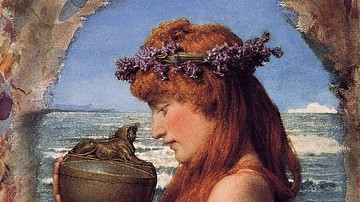
Definition
Pandora
Pandora is a figure from Greek mythology who was not only the first woman, but —as an instrument of the wrath of Zeus— was held responsible for releasing the ills of humanity into the world. Pandora was also an unrelated earth goddess in...
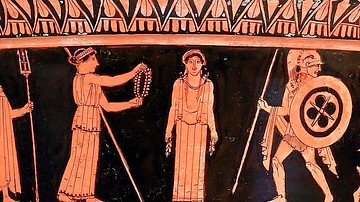
Definition
Works and Days
Works and Days is an epic poem written in dactylic hexameter, credited to the 8th-century BCE Greek poet Hesiod. Hesiod is generally remembered for two epic works, Theogony and Works and Days but, like his contemporary Homer, he was part...
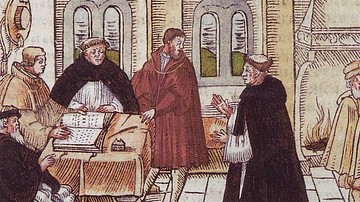
Article
Cajetan's On Faith and Works
On Faith and Works (1532) by Cardinal Thomas Cajetan (l. c. 1468-1534) is a refutation of the central arguments of Martin Luther (l. 1483-1546) concerning justification before God as faith-based, having nothing to do with one’s works. Cajetan...
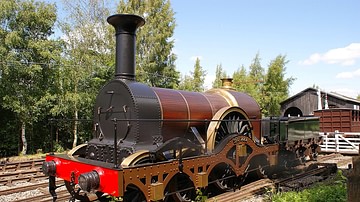
Image
Iron Duke Locomotive
A working replica of the Iron Duke locomotive class of steam trains. designed for use on the Great Western Railway lines from the mid-19th century. (Great Western Society's Didcot Railway Centre)
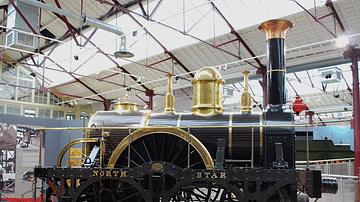
Image
North Star Locomotive
A replica of the North Star locomotive, designed by Isambard Kingdom Brunel (1806-59) for the Great Western Railway, England. The North Star class ran from 1838. (Swindon Steam Museum)
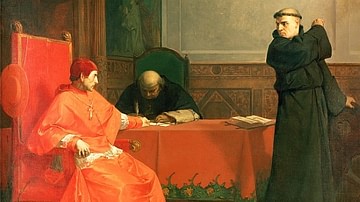
Definition
Cardinal Thomas Cajetan
Cardinal Thomas Cajetan (l.c. 1468-1534) was a Catholic theologian and philosopher best known for his disputations with Martin Luther (l. 1483-1546) beginning in 1518. Cajetan, a philosophical Humanist, was thought to have had the best chance...
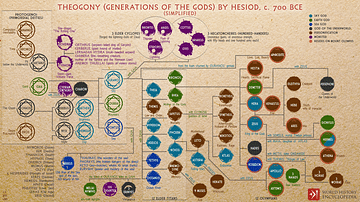
Definition
Hesiod
Hesiod (c. 700 BCE) in conjunction with Homer, is one of those almost legendary early Greek Epic poets. His works are not of comparable length to Homer's. Hesiod's poems are not epic because of their length, but because of their language...
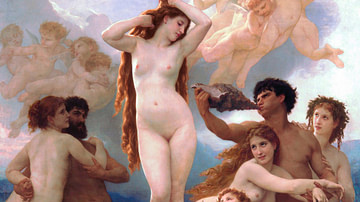
Definition
Greek Mythology
Greek mythology was used as a means to explain the environment in which humankind lived, the natural phenomena they witnessed and the passing of time through the days, months, and seasons. Greek myths were also intricately connected to religion...
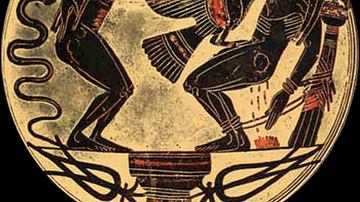
Definition
Prometheus
In Greek mythology, the Titan Prometheus had a reputation as being something of a clever trickster and he famously gave the human race the gift of fire and the skill of metalwork, an action for which he was punished by Zeus, who ensured everyday...
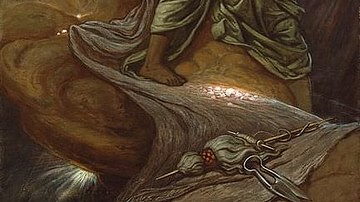
Definition
Theogony
The Theogony is an 8th-century BCE didactic and instructional poem, credited to the Greek poet Hesiod. The Theogony was, at first, not actually written down, rather, it was part of a rich oral tradition which only achieved written form decades...